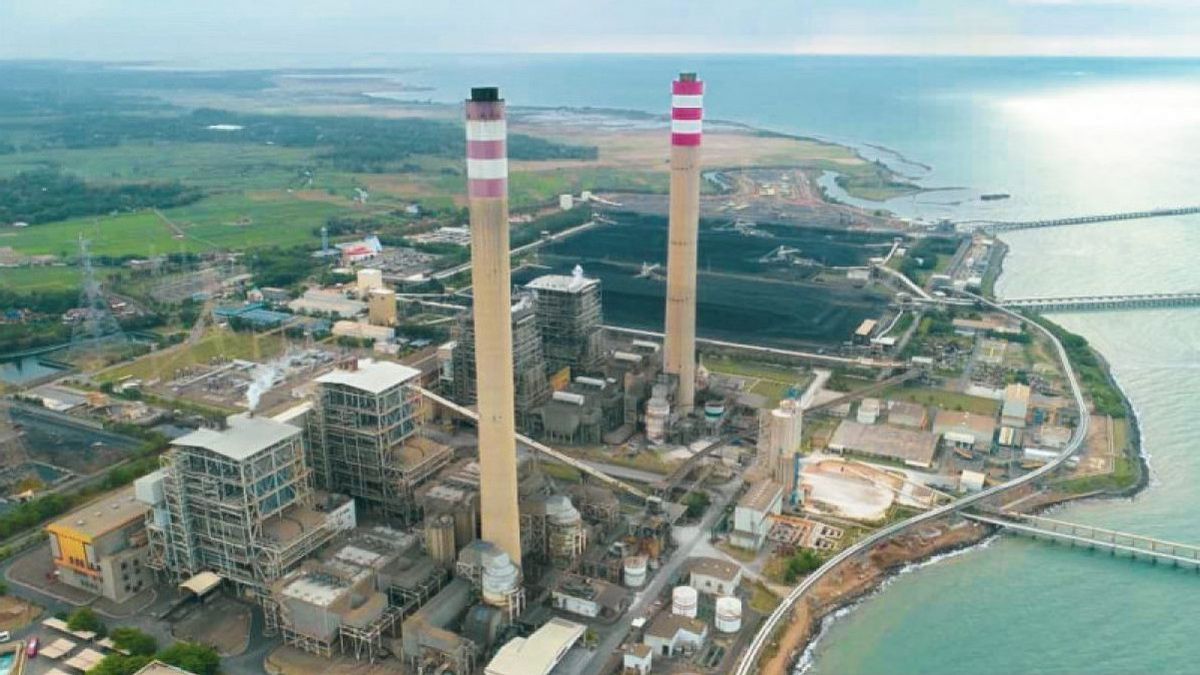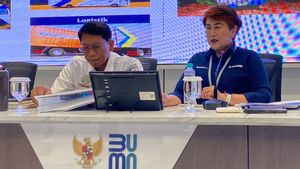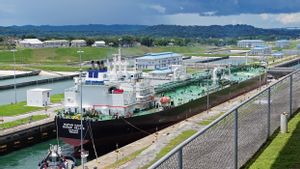YOGYAKARTA The government continues to strive for carbon trade in Indonesia. This step is one of the Government's commitments to achieve net zero emissions (carbon neutral) and reduce greenhouse gas (GHG) emissions, and even improve the economy. So what exactly is the actual carbon trade in Indonesia?
Quoted from the Indonesian Information Portal, carbon trading is the purchase and sale of credit for carbon dioxide spending which is usually produced by burning fossil fuels, burning forests, to decaying organic waste.
The definition of carbon trading can also be understood as buying and selling certification or permits to produce certain amounts of CO2 emissions. Meanwhile, the certification or permit is called carbon credit. Each single carbon credit is equivalent to a one ton reduction in CO2 emissions.
Please note, this carbon trade is one way to reduce emissions previously stipulated by the United Nations (UN) climate agreement, Kyoto Protocol, on December 1997.
The mechanism of carbon trading is interesting to look at. In practice, those who buy credit are industries, countries, or companies whose activities involve burning fossils or consuming large energy to cause carbon emissions. For example, carbon credit buyers are coal power plants (PLTU), data centers, and so on.
Meanwhile, credit sellers are certain parties who have the ability to absorb CO2 emissions or parties who only produce CO2. Examples of credit sellers are companies related to forestry, organic waste processing, solar power plants (PLTS), and so on.
However, it should be noted that carbon credit cannot be traded. Carbon credit must be certified by agencies that have international certification, for example, Verra and Gold Standard.
Carbon credit trading is carried out in the voluntary carbon market or it could be in the mandatory market (mandatory carbon market). In the voluntary market, the existing emission producer will compensate for CO2 by buying carbon credit from existing projects or companies in order to reduce it to eliminate CO2. The transaction was carried out through a broker.
Current carbon trading continues to attract attention from various parties, not only in Indonesia but in the world arena. This step is said to be able to reduce emissions and the most important thing is to have economic value, including in Indonesia.
Through carbon trading, the Government hopes that the reduction in emissions will reach 36 million tons of CO2e in 2030, and will be able to be carbon neutral in 2060. Carbon trading in Indonesia is considered important to achieve this goal.
In the future, companies that manage to reduce emissions can sell carbon credit to companies that are proven to produce more emissions than the specified limits.
That's information related to knowing carbon trading in Indonesia. Visit VOI.ID to get other interesting information.
The English, Chinese, Japanese, Arabic, and French versions are automatically generated by the AI. So there may still be inaccuracies in translating, please always see Indonesian as our main language. (system supported by DigitalSiber.id)













